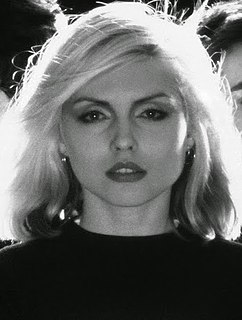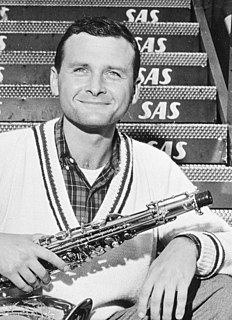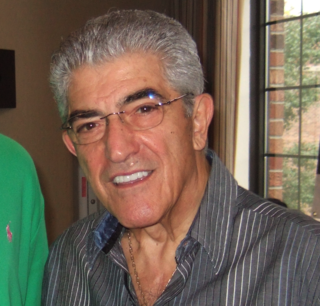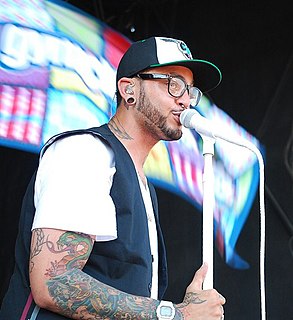A Quote by Elvis Costello
You do have to be a bit careful with your voice. It is an instrument.
Quote Topics
Related Quotes
Switch to piano! No. Really, if you like an instrument that sings, play the saxophone. At its best it's like the human voice. Of course, it would be best if you could actually sing with your own voice. The saxophone is an imperfect instrument, especially the tenor and soprano, as far as intonation goes. Therefore, the challenge is to sing on an imperfect instrument or 'voice' that is outside of your body. I love that challenge and have for over forty-five years. As far as playing jazz, no other art form, other than conversation, can give the satisfaction of spontaneous interaction.
Today, maturity is a word I associate with spirituality. It's one of those words that cause people to change their voice. When your voice gets higher because of what you're saying, there's a problem. To me, the conflict of life is part of the joy of life. There's got to be a recognition of the friction that exists. Maturity seems somehow about getting careful. I don't want to be careful.




































